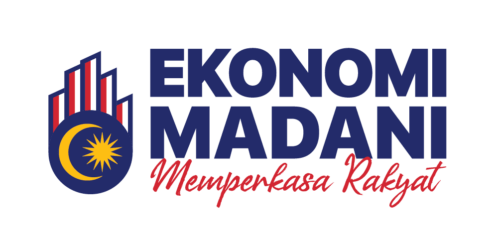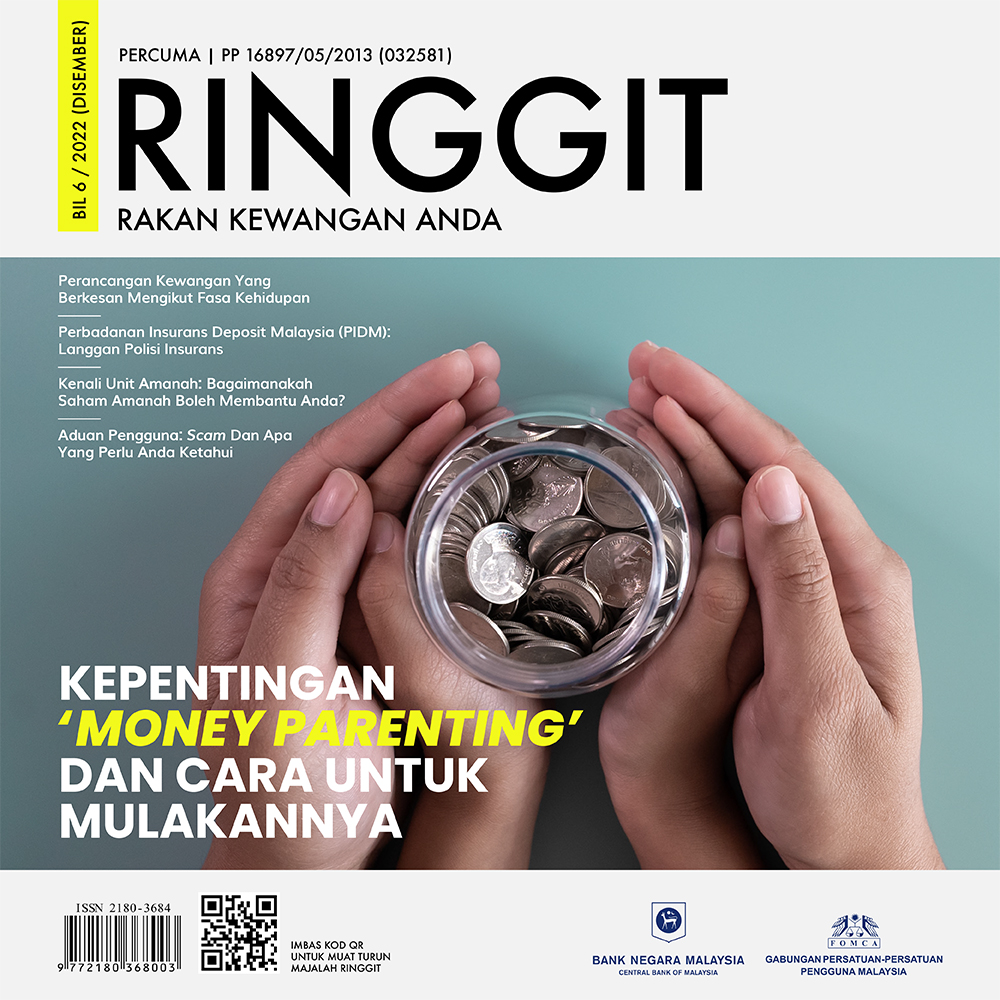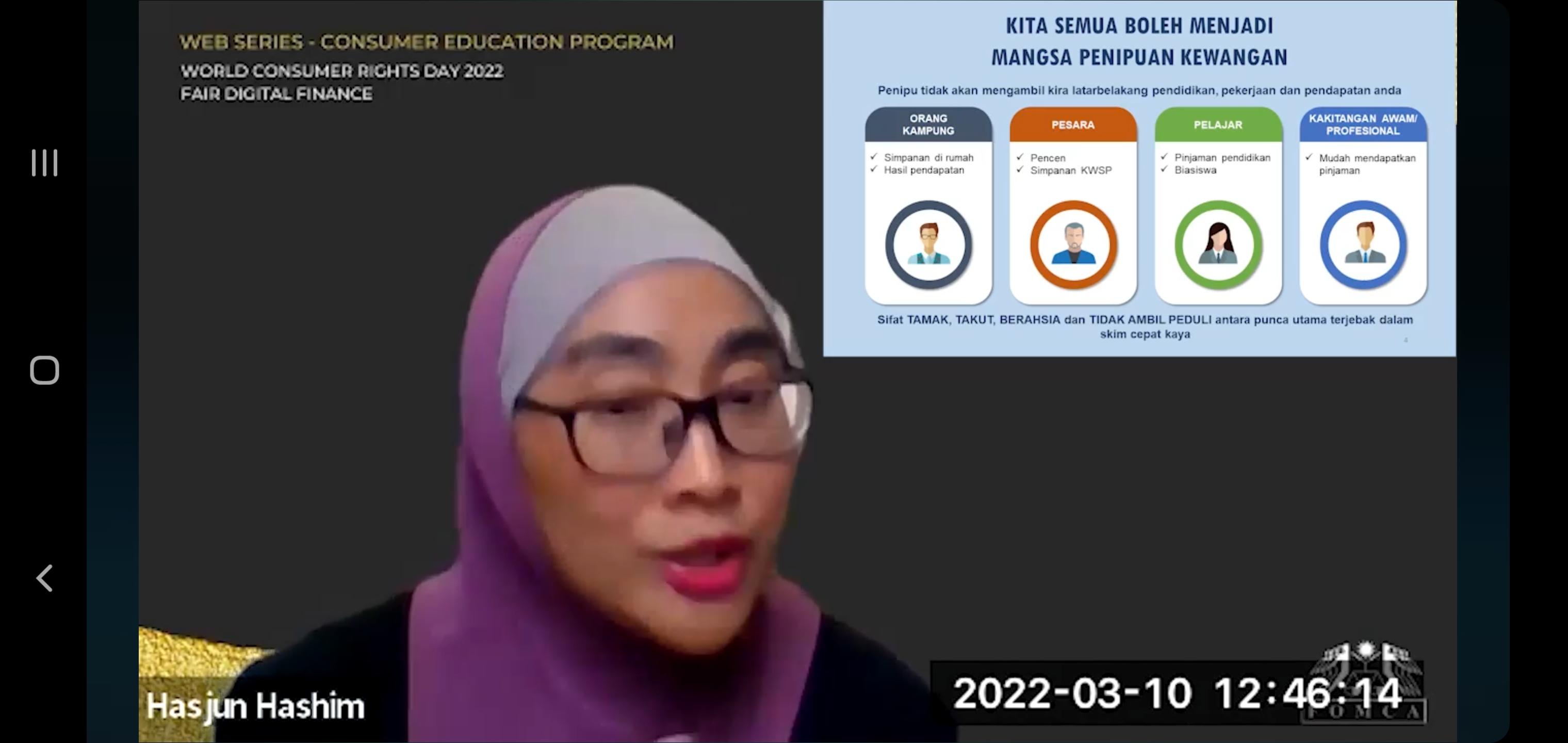 The Madani Economy framework announced by Prime Minister (PM) Datuk Seri Anwar Ibrahim recently is set to gradually improve Malaysians’ standard of living as the government aspires to eradicate poverty.
The Madani Economy framework announced by Prime Minister (PM) Datuk Seri Anwar Ibrahim recently is set to gradually improve Malaysians’ standard of living as the government aspires to eradicate poverty.
While the first focus is emphasising the foundation for economic stability with strategies to position Malaysia for new growth, a significant aspect such as quality of life remains a priority.
Anwar in his speech said while industries have matured and grown rapidly, wealth distribution is still not equal with many still earning below minimum wage and living in poverty.
Universiti Kuala Lumpur Business School economic analyst Prof Dr Aimi Zulhazmi Abdul Rashid said industrial development should be more regional-centric rather than focusing only in big cities like Penang, Selangor, Kuala Lumpur and Johor Baru.
To eradicate hard-core poverty, two key efforts have been set in motion this year.
These are the Inisiatif Pendapatan Rakyat which provides opportunities for the severely poor households and the Payung Rahmah concept which is a voluntary participation from businesses.
Assistant Professor of Finance at UCSI University Malaysia and Research Fellow at Centre for Market Education (CME) Dr Liew Chee Yoong told The Malaysian Reserve (TMR) that this helps to some extent but it must be accompanied by effective structural reforms in the economy to raise people’s income.
Apart from that, to facilitate home ownership, the Housing Credit Guarantee was announced under Madani Budget 2023 as a means to support individuals with no fixed income to own their first house.
Cash Aid and Handouts
Another point in the framework is that adults aged 21 and above earning RM100,000 and below annually will receive an e-cash assistance of RM100.
Over 10 million people from the bottom 40% income and the middle 40% income groups are estimated to receive this aid, with funds totalling RM1 billion expected to be rolled out in the fourth quarter of 2023.
Socio-Economic Research Centre ED Lee Heng Guie said the relatively small amount is only a short-term measure to address the rising cost of living facing Malaysians.
Additionally, pensioners will receive a special RM200 aid which will benefit 1.3 million civil servants, including contract appointments, as well as more than a million pensioners.
Liew said such cash assistance programmes provide temporary relief to lower-income individuals and families, especially during challenging economic times.
“While these are beneficial, however, long-term poverty eradication would require a comprehensive approach that addresses structural economic issues as well as promote sustainable economic growth and effective monitoring and flexibility where necessary,” he told TMR.
As such, under the effort to raise the ceiling for the people, the framework outlines key pillars to enhance living quality which includes improving employability with meaningful wages, championing social justice and protection, ensuring universal healthcare, quality of education and more.
Meaningful Wages and Employment Opportunity
The average salary in Malaysia is still low and mismatched with the cost of living and market conditions.
This financial stress makes it difficult for people to have access to basic needs such as housing, food and healthcare, and can push families to poverty.
Hence, the government will look into competitive wages, as it also believes that the success of economic structural reforms should be assessed through job creation with better wages for all Malaysians.
Anwar said in his speech that benefits of growth must be distributed equitably, and the people’s wages must be commensurate with their work output.
In this regard, the government is embarking on strategies such as implementing policies to ensure the rate is in line with the advanced countries, review of minimum wages and exploring a progressive wage model (PWM).
Echoing this, Liew said substantial incomes can enhance economic growth which enables people to stimulate consumption and investment, further boosting the economy.
“However, to attain a diverse range of job opportunities with substantial incomes, several strategies can be employed such as economic diversification, skills development, providing entrepreneurship support, implementing inclusive economic policies, as well as labour market reforms,” he said.
In response to the PWM, Aimi Zulhazmi said while it complements the minimum wage policy, the PWM must also be followed by guidelines for the annual progressive wage for each sector, job and level.
Meanwhile, Lee said although PWM is a wage structure to uplift workers through upgrading skills and productivity, there are valid concerns, grey areas and challenges for its implementation.
“The concern includes ability for low-skilled workers to upskill themselves and willingness of employers to invest in productivity. PWM can be bureaucratically complex to enforce and must consider the impact on foreign workers’ levies in line with their management and quota.
“It requires a thorough study and consideration to assess the viability of PWM, so as to strike a balance between increasing the income of our low-skilled workers through productivity-linked performance and ensuring business profits due to the improvement in productivity,” he added.
Another factor that contributes to the overall low wage levels is a reliance on foreign workers, which is one of the measures underlined by the Madani Economy.
The government aims to reduce dependency on foreign workers, while implementing tiered foreign worker levies, where part of its increase will be allocated to automation and training programmes for local workers.
To ensure compensation for all workers and promote overall well-being, it requires a multi-pronged approach that includes education and skill development, labour market regulations and social safety nets.
Social Security Net and Protection
The framework has outlined various social security assistance, such as gradually expanding the coverage of Employees Provident Fund (EPF) and Social Security Organisation (Socso) to the working-age population in phases, improving the level of retirement savings to make it more sustainable and more.
Unfortunately, according to EPF data, more than 40% of the workforce does not have proper retirement savings protection, especially among informal workers.
The government also announced protection for gig-economy workers, including delivery riders and e-hailing drivers, who are in need of a comprehensive evaluation process that takes into account various factors such as cost, working hours and job risk.
“This is good as it will ensure fair compensation and improved working conditions for gig workers in the country,” Aimi Zulhazmi said.
He added that such skills training and protection will also help increase gig workers’ professionalism on a job which at present is not looked upon with high regards.
Realising this need, the government will continue to strengthen the employment insurance system and retraining programmes.
This approach is aligned with the transition from protecting jobs to protecting the worker in a rapidly changing economy.
Education and Equal Opportunity
Education is the fundamental right of every citizen hence, efforts must be undertaken to address gaps such as the continuation of education for neglected children and marginalised groups under the principle of social justice.
The PM said only through quality education can the people be lifted from poverty as it will help them evolve as a person with better resources and quality of life.
As such, under the framework, the government outlines commitment to provide equal opportunity, more allocation for the conducive school environment, empowering technical and vocational education and training (TVET) in the learning institution through a demand-driven approach rather than supply-driven, as well as Internet access.
This is to aspire to a lifelong learning attitude and address the mismatch of skills between TVET graduates and the needs of industry.
Aimi Zulhazmi said to safeguard a livelihood, workers must have a more sustainable and viable career and in addition, it is paramount for the government and platform operators to encourage gig workers to learn new skills and be trained on professional skills.
For this purpose, the government through Socso has allocated RM42 million for the Bina Kerjaya Programme, which includes upskilling programmes for informal workers with qualifications of Sijil Pelajaran Malaysia and below.
More scholarships and full boarding school education will also prioritise low-income and the less fortunate groups.
When it comes to TVET, Lee said transforming TVET can efficiently support employment and productivity.
“Many institutions focus on what they know how to provide, which is often technical skills, but not what students or firms need, such as cognitive, digital, or entrepreneurship skills,” he said.
Tax Implementation
The PM also hinted at a new approach when it comes to taxing which is “tax when necessary” while not overburdening the people and businesses.
Anwar said his administration will be guided by this “sound principle” when formulating Budget 2024 and the formulation is also to ensure the taxes are spent wisely without leakage.
Even though it is unclear as to how the adjustment will be, some analysts agree that this approach will ensure a more equal distribution of the tax burden.
Economists said the government should impose higher taxes on the extremely wealthy while simultaneously minimising the taxes on those with lower incomes.
“Not only that, the approach suggests a focus on minimising unnecessary tax burdens on individuals and businesses while ensuring sufficient revenue to fund essential public services and programmes.
“When governments have sufficient funds, they can invest adequately in essential public services, which help create a conducive environment for economic growth and improve the quality of life for citizens,” Liew said.
He added that to increase revenue streams, the government must also ensure tax compliance and reduce tax evasion.
Meanwhile, to overcome the slow revenue growth, Aimi Zulhazmi proposed that the government introduce a lower rate of Goods and Services Tax (GST) at 3% the most hence, those with higher purchasing power will pay more.
Simultaneously, he said, the government should reduce personal income tax as well as corporate tax.
“The additional cash in hand will be consumed by the people to generate positive GDP growth. The lesson from introducing GST before 2018 must be learned and improved considerably, which includes expediting rebates payment,” Aimi Zulhazmi added.
Universal Healthcare and Reforms
Under Madani Economy and as suggested in the Health White Paper, the government is considering the target of 5% GDP for healthcare expenditure by optimising the public and private healthcare systems.
Some long-term measures in place include adopting a whole-of-society primary health-care approach, a transition towards treating patients with a disease prevention concept, as well as the construction of the National Disease Control Centre with a cost of RM305 million in Negri Sembilan.
With regard to the first approach, Lee said the question is whether healthcare professionals would willingly be placed throughout the community, considering the form of career stagnation for the healthcare professionals and the discontentment over contract doctors.
Meanwhile, as of the target allocation of 5% to GDP, he said this number is almost triple of the current budget allocation or another RM61.1 billion from the budgeted RM33.3 billion, making it a tall-order target to be achieved within the next few years.
“Budget’s allocation must be spent effectively, plugging leakages and wastage, especially with medical equipment, medicine and pharmaceutical prices rising rapidly,” he told TMR.
He concluded that eradicating poverty is not only a matter of social responsibility but also a strategic investment in a nation’s development, prosperity and well-being.






